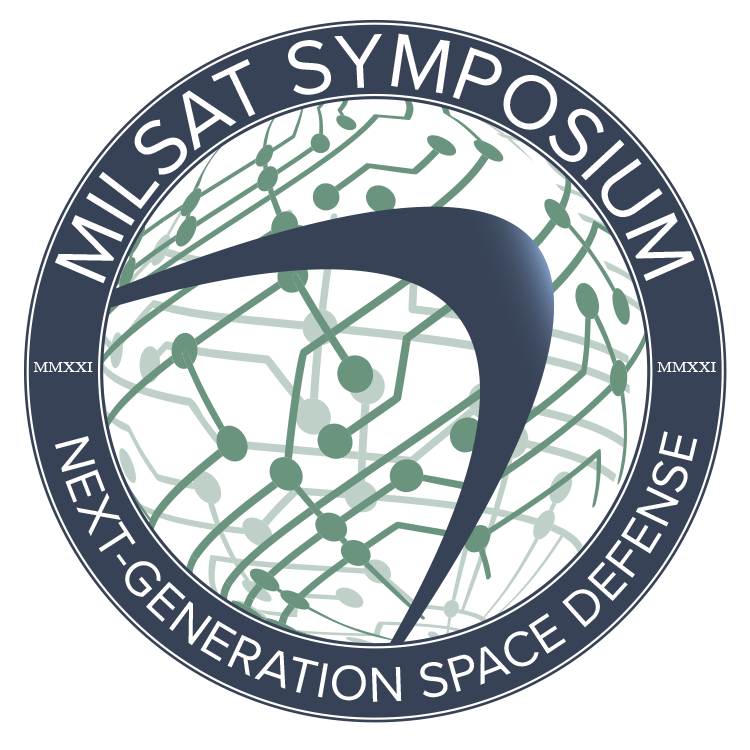

The sheer amount of data processing and transport involved in supporting thousands of simultaneous satellite contacts demands more innovative ground system solutions than traditional satellite operations centers. The strong push to move much of the network (processing, dissemination) to orbit, is to take advantage of latency, and to greatly reduce the amount of raw data that has to be transmitted back to data centers on the ground. In this session we discuss what is new in the area of distributed systems networks and how can the DoD can take advantage of established networks without compromising security.
 Chris Stott
Chris Stott
Chris Stott serves as the Executive Chairman of ManSat. Chris cofounded ManSat in 1998 with his father, Bryan, and over the following 20 years grew the company as its President and CEO to become the largest commercial provider of satellite spectrum in the global space industry. Chris also serves as the Chair of IceSat, ManSat’s subsidiary company in Iceland, and is the founder, Chair, and CEO of Lonestar Lunar Development LLC.
In 2000 Chris left his position as Director of International Commercialization and Sales with Lockheed Martin Space Operations to become ManSat’s President. Prior to his work with Lockheed Martin, Chris was an executive with the McDonnell Douglas and the Boeing Company working in International Business Development on the Delta Launch Vehicle program.
 Karl Fuchs
Karl Fuchs
Karl Fuchs joined iDirect Government in 2004 as the Director of Sales Engineering, just as the satellite-based IP communications company was expanding its very small aperture satellite (VSAT) market presence into the federal government and international Internet Protocol (IP) networking world. He now works as the Sr. Vice President of Technology.
With more than 25 years of experience in technology and with the federal government, Fuchs leads iDirect Government’s team of federal sales engineers, hardware engineers, software engineers, and serves as chief architect for new product integration.
Prior to joining iDirect Government, Fuchs was Director of Systems Engineering at Nortel Networks, where he oversaw the Verizon account team of systems engineers, leading the design of IP, Frame Relay, Asynchronous Transfer Mode (ATM) and dense wavelength division multiplexing (DWDM) networks. Before joining Nortel, he designed IP and ATM networks for Sprint and the federal government.
Active in the satellite industry for more than 20 years, Fuchs has contributed editorial to numerous publications including Federal Computer Week, Institute for Defense and Government Advancement, COTS Journal, Military Information Technology, Via Satellite, MILSATCOM and Satellite Evolution Global. In addition, he has been a featured speaker at leading industry events including the DoD SATCOM User Workshop, ISCe, IBC, Pacific Telecommunications Council and Emergency Management Talks.
Fuchs holds a Bachelor of Science degree in electrical engineering from George Mason University, Fairfax, Va. and an MBA from Averett University, Danville, Va.
 Stephen Kitay
Stephen Kitay
Stephen Kitay co-leads Microsoft’s efforts to connect Azure with the space sector. The rapid advances in commercial, government and international space capabilities provides a unique opportunity to both enable the space industry through the power of Azure and leverage these space services for Azure customers. Stephen and the Azure Space team are developing capabilities and services to extend connectivity across the world, simulate digital space environments, discover new insights, and drive innovation both on the ground and in orbit.
Prior to Microsoft, Stephen served in the United States Government, most recently as the Deputy Assistant Secretary of Defense for Space Policy where he had a key leadership role in the establishment of the U.S. Space Force. He has also held a range of positions in the Air Force, Intelligence Community and Capitol Hill. Stephen has a Bachelor of Science in Electrical Engineering from Syracuse University and a Master of Business Administration from the University of West Florida.
 Sean McDaniel
Sean McDaniel
 Katherine Monson
Katherine Monson
Katherine Monson is the CEO of KSAT USA (Kongsberg Satellite Services). KSAT is a world-leading provider of ground station services for satellites, rocket launchers, and experimental spacecraft. With over 50 years of experience, KSAT’s network today spans over 180 antennas at over 20 ground station locations across the globe (including Pole to Pole coverage from Antarctica to the Arctic) and is constantly expanding. We are proud to be the behind-the-scenes bridge back to earth, supporting the vast majority of space companies, agencies, and start-ups.
 Greg Quiggle
Greg Quiggle
Greg Quiggle currently serves as the Vice President, Product Management at Kratos, where he is responsible for overall product strategy and ongoing lifecycle management of Kratos’ commercial product portfolio.
Prior to joining the team, Quiggle served as the Vice President of Emerging Products for VT iDirect, during which time he played an instrumental role in developing the company’s 5G/SDN strategy and ecosystem. Additionally, he has served as the Executive Vice President of Marketing for Tollgrade Communications and the Vice President of Marketing for Acterna Corporation (now Viavi). In these roles, he has spent over 25 years conceptualizing and executing successful, corporate-level product/technology strategies within the communications industry.
Quiggle has earned a BS of Electrical Engineering from Purdue University and an MBA from the University of Maryland